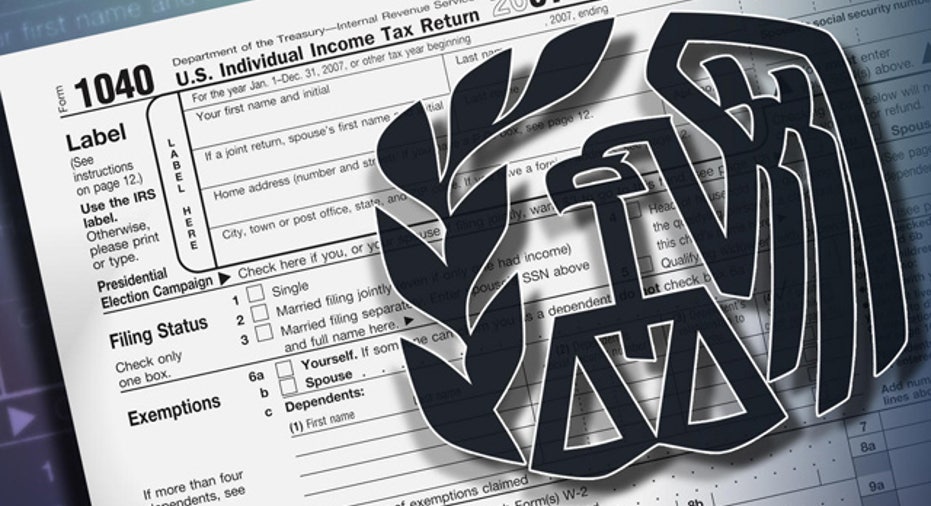What Records Every Taxpayer Needs to Keep

If you filed your taxes on time this year, it’s time to put away your tax file.
And while you may be looking at the cartons of tax records sitting in the garage and wondering if you can shred some of them, we live in an age of complexity so the answer is: it depends.
The IRS states that you must retain your tax returns for a minimum of three years, which is generally how long it has to audit a tax return. However, three years may not be long enough if you live in a state that levies an income tax. The window of opportunity for audit in most states is four years, so save your tax returns and all the supporting documents to prove your income and deductions for at least that length of time. This includes every bank statement for all your accounts.
The audit clock starts ticking after you file the tax return. For example, you may have filed your 2010 income tax return on April 18, 2011. You should keep a copy until 2014 to make the IRS happy and 2015 to keep the state happy. After that, you can destroy the file.
But wait…don’t roll out the shredder just yet.
The IRS says that if you underreported your income by 25% of the gross income shown on your tax return, you should keep that tax return for six years. It also says that if you have filed a fraudulent tax return you need to keep it forever (no joke). Perhaps you should have it mounted and framed.
But there are other reasons to keep a tax return and other supporting documentation including:
1. If you have a capital loss carry forward, you should keep the tax return on which the original loss was reported. Also keep the documentation that supports the original loss. Keep these documents up to four years after the loss has been used up.
2. If you sold rental real estate via a 1031 exchange you need to keep the tax returns and supporting documents until four years after the disposition of the final property in the exchange sequence.
3. If you sold your previous home before May 7, 1997, and deferred tax on the gain from the sale (rolled it into the basis of your new home) you should keep indefinitely, those escrow closing papers and a copy of IRS Form 2119, which establishes the basis of your new home.
4. If you have passive loss carry forwards, credit carry forwards, net operating loss carry forwards, – or any other type of carry forward, you will need to retain the tax return where the carry forward originated.
Other documents to keep:
1. Receipts for all major improvements made to your home for four years after the sale of your home. The cost of capital improvements is added to the basis of your home when determining if there is a taxable gain upon sale. Especially maintain records proving certification of any energy-efficient products for which you took an energy tax credit.
2. IRA contribution statements Form 5498, Form 1099-R, and IRS Form 8606, should be kept until you take the last distribution from your IRA.
3. Physician’s statement(s) stating you were permanently and totally disabled on the date of your retirement if you are taking the Credit for the Elderly or the Disabled.
4. Keep the last paystub of the year. Union dues, health insurance premiums, charitable contributions withheld from your pay may be deductible and in the event of audit you may need proof of payment.
5. Photographs may be an element necessary to your tax file to help prove certain deductions such as home office or casualty or theft losses.
You may need to keep records even longer for nontax purposes. Your creditors or insurance company may need the data supplied on certain transaction receipts. For example, you purchased the Hope diamond at auction. If it is stolen from you 10 years later, you may need the receipt to prove to the insurance company how much you paid for it.
For more information on record keeping, refer to IRS Publication 552 available here
Bonnie Lee is an Enrolled Agent admitted to practice and representing taxpayers in all fifty states at all levels within the Internal Revenue Service. She is the owner of Taxpertise in Sonoma, CA and the author of Entrepreneur Press book, “Taxpertise, The Complete Book of Dirty Little Secrets and Hidden Deductions for Small Business that the IRS Doesn't Want You to Know,” available at all major booksellers. Follow Bonnie Lee on Twitter at BLTaxpertise and at Facebook.



















